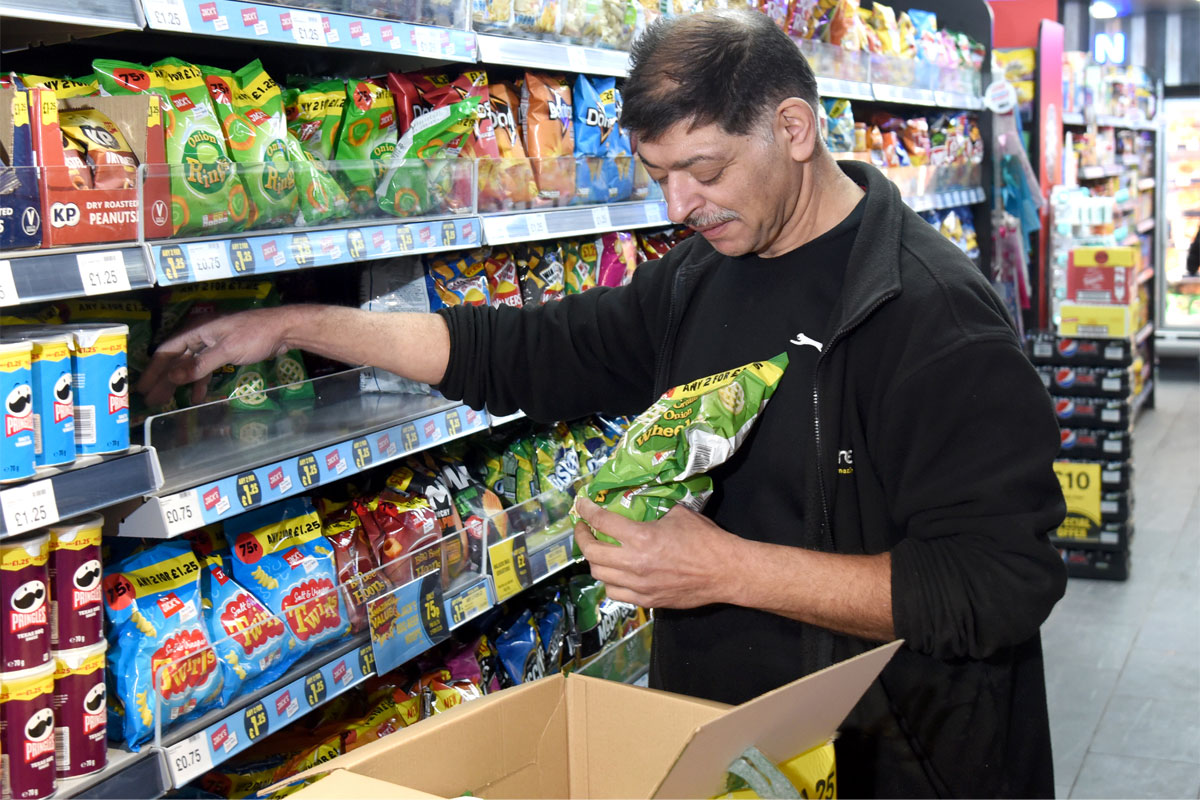Outlook remains confident despite rises

CONSUMER price inflation has risen for the first time in over a year as larger economic issues have an impact.
According to the latest data from the Office for National Statistics (ONS), CPIH saw a monthly increase of 0.3 percentage points meaning overall inflation sat at 3.1% for the year to the end of July 2024.
While this increase will offer some distress for plenty, there was some positives to come with it. Food and non-alcoholic beverages saw no monthly changed and maintained its inflation value of 1.5% between June and July and alcohol and tobacco saw a small fall of 0.1 percentage points.
The primary driver behind the rise in inflation appears to have come from household costs – inclusive of energy prices – which saw a worrying increase of 1.4 percentage points, sitting at 3.7% for the year to end of July.
The ONS said this increase has mostly come from a rise in the price of gas and electricity and, while energy prices are lower than what people faced in the tail end of 2023, they were still considerably higher than 2021 with gas about 68% higher and electricity around 45%.
Despite the bleak numbers, industry members maintain the future still remains positive across the food and drink sectors.
Balwinder Dhoot, director for sustainability and growth at The Food and Drink Federation, said: “We’re pleased that as pressures across the food supply chain ease, food and drink inflation continues to stabilise.
“While energy and global commodity prices remain elevated due to a series of shocks, including the war in Ukraine and ongoing geopolitical uncertainty, there are strong signs tat the industry is turning a corner.
“Around 85% of food manufacturers expect to maintain or increase investment levels over the coming year, after 30% decline since 2019.
“Our industry plays a vital role in every community, and the local and national economy. As well as providing job opportunities and skills development it underpins the nation’s food security.
“Continued investment is key to safeguard and enhance the resilience of our supply, tackle climate change and health inequalities, and boost jobs and growth.”




















